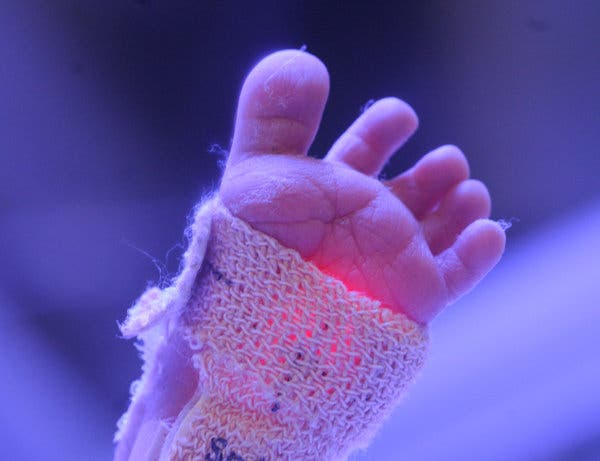
The latest issue of the Chicago-based journal The Point tackles a question that is anxiously asked with increasing frequency today by pundits and politicians: why are young people less interested in having kids than previous generations, and what does this have to do with the environmental and political disasters that beset us more and more every day? In the editorial of the issue, Anastasia Berg and Rachel Wiseman confront this question by first debunking a common myth: having fewer kids will not lead in any direct way to a lower environmental impact and a more sustainable economy. If young people are choosing not to start families, they argue, this has less to do with concern for the environment or for future generations, and more to do anxieties about their own lives. Here’s an excerpt:
It’s reasonable to wonder whether it’s fair to bring children into a deteriorating world, and yet it’s nevertheless hard to shake the suspicion that, for many of the people inveighing against the morality of child-rearing, the prospect of a life without children appears to be less a sacrifice than a relief. For a generation that came of age during the financial crisis and now faces unprecedented levels of student debt and the threat of ongoing job-market disruption, financial insecurity may play a part in their reluctance. But neither money nor climate change were main factors in the Times survey. Rather, the most common reason cited for not having children was wanting “leisure time.” Second most common: “haven’t found a partner” …
Now that children are something we can freely choose, it is all the more important that we try to understand the reasons behind our ambivalence. Are we hesitant to bring new life into the world because we are more morally upright than previous generations, or because we are more selfish? One thing seems relatively clear: our caution reveals something more than concern for the next generation. It seems to point, above all, to an anxiety about those who are already here and to whom we already feel responsible: ourselves.
Image via the NY Times.